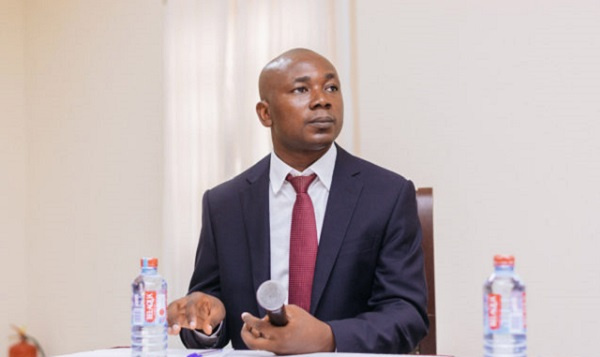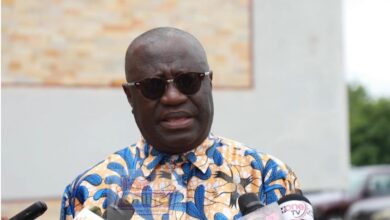Borrowing isn’t the answer – Prof. Bokpin defends GHC 1 fuel levy

Professor Godfred Bokpin has weighed in on the controversial GH¢1 fuel levy, urging Ghanaians to understand the difficult economic realities necessitating the measure.
According to him, the levy is not only timely but also essential, given the absence of any budgetary allocation for fuel procurement in the 2025 national budget.
Speaking on Morning Starr with Naa Dedei Tettey, the Ghanaian economist warned against the tendency to rely on borrowing as a short-term solution, stressing the long-term costs of such decisions.
“Reforms are more effective if you bundle them together and they reinforce each other. Yes. It is necessary,” he said. “I estimate that this year we don’t have budgetary allocation to procure fuel. If you go and look at the 2025 budget, we don’t have that.”
He cautioned that resorting to borrowing could have repercussions for both taxpayers and the country’s economic stability.
“We will just say, okay, let’s go and borrow. We can borrow today because we don’t want to use this level. But when we borrow, who pays ultimately? Ultimately it is repaid by the same taxpayers or probably one day a haircut where you may not even get to choose the style of the haircut.”
The GH¢1 fuel levy was introduced through the Energy Sector Levy (Amendment) Bill, 2025, passed by Parliament on June 3. It imposes a GH¢1 charge on every litre of petroleum product — a move that has attracted sharp criticism from the public, transport operators, and opposition legislators.
Despite the backlash, the government insists the levy is vital to resolving the country’s energy sector debt, which currently stands at around $3.1 billion.
The Finance Minister, Dr. Cassiel Ato Forson, has also assured that the new levy would not lead to increased fuel prices due to the recent appreciation of the Ghanaian cedi.




